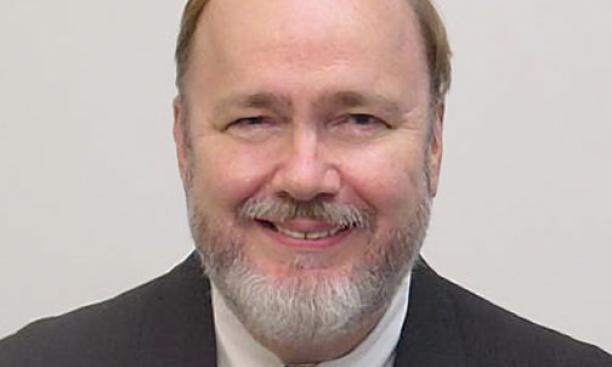

Few Western journalists have written as much about North Korea as Bradley K. Martin ’64, who has made numerous reporting trips to the country since 1979. He is the author of the 2004 history Under the Loving Care of the Fatherly Leader: North Korea and the Kim Dynasty, and holds the Snedden chair in journalism at the University of Alaska Fairbanks. Martin spoke with PAW’s Mark F. Bernstein ’83 about the death of Kim Jong Il and the succession of his son, Kim Jong Un. Read the full interview below.
“So far, the North Koreans have been saying very loudly that they won’t deal with the South Koreans. They are trying to influence the South Korean people to elect a more congenial replacement for the current southern president, Lee Myung-bak, who is anathema to the north. The South Koreans are due for a presidential election in December. In any case, until North Korea builds up its economy, it would be virtually impossible to reunify those countries. The difference in living standards is so wide that the North Koreans would have to be reduced to being servants of the southerners, and they would never stand for that.”
Not a lot. He went to high school in Switzerland but apparently didn’t finish. He studied English and German but we don’t know how much of either has stuck. He’s said to like American basketball. There are reports that he is the most aggressive of Kim Jong Il’s three sons. That would explain why he was chosen over his older brothers. He seems to be the most committed to continuing his father’s policies.
The North Korean elite are clearly branding Kim Jong Un, as not only the successor but the very picture of his grandfather, Kim Il Sung. Kim Jong Un has the same haircut as his grandfather and he wears the same Mao jackets, rather than the jumpsuits his father wore. There is a reason for that. The North Korean people loved Kim Il Sung, even though they got hungrier as the decades wore on. Around the time Kim Jong Il took over, in 1994, things completely fell apart. So Kim Jong Il’s reputation was never as good.
There have been videos of North Koreans weeping hysterically at Kim Jong Il’s death. The videos I saw showed not residents of the provinces, who have been suffering, but the Pyongyang elite who are worried about their status. Especially after the first few days, the wild grief was largely a show.
The oldest son has been living in China for many years and reportedly had some Chinese backers who hoped he’d be chosen. But the Chinese have signaled that they will support Kim Jong Un as the choice of the North Korean elite. I don’t know that there is anyone inside the country who could pull off a coup. The officials who presided at Kim Jong Il’s funeral were essentially the same core group we have seen over the last couple of years – a sign of at least short-term stability. In the long term, though, people are quite unhappy. They know more and more about what is going on in the rest of the world and how deprived they are.
The North Koreans could look to China as an example. The Chinese have reformed their economy and raised living standards but still kept their elite families in power. But anyone in North Korea who wanted to reform would run up against the entrenched elements who want to keep power in the hands of the military and keep things aa they are. This is officially a “military-first” society. We may hope that the boy ruler has enough sense to think about reforming, but could he pull it off? It would be difficult.
Does the change in regime suggest any changes in American policy toward North Korea?
Don’t hold your breath. The North Koreans’ militant showmanship may play well domestically but meanwhile they are not giving the United States incentive for a major change of policy. So far we have no reason to think that Kim Jong Un plans to do anything differently. When Kim Jong Il took over in 1994, many people thought he would be a reformer, but he wasn’t. He based his legitimacy on being slavishly filial to his late father. If Kim Jong Un wants to make some changes, of course the U.S. would take notice of that. But the people around him have been involved in running the country for years. These are Kim Jong Il’s handpicked lieutenants. I’m not getting excited waiting for something to happen.
